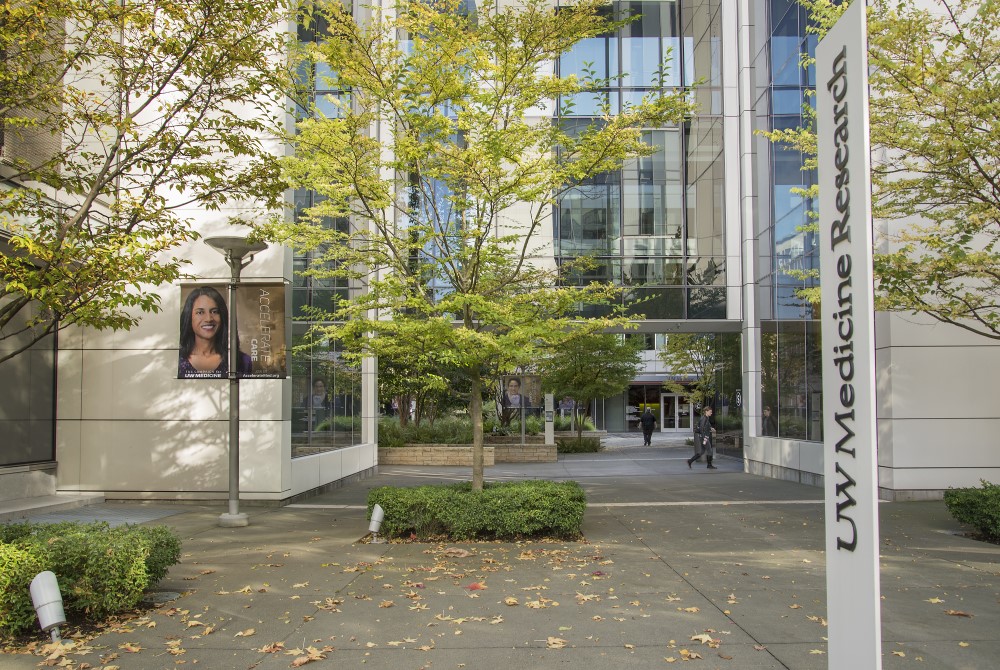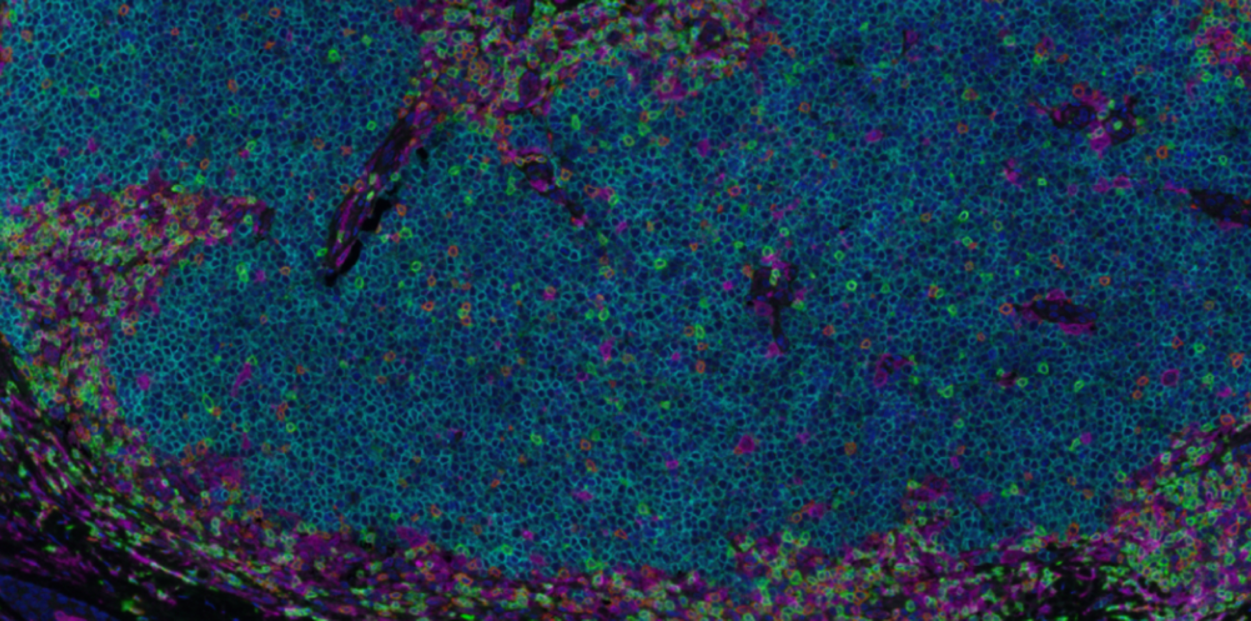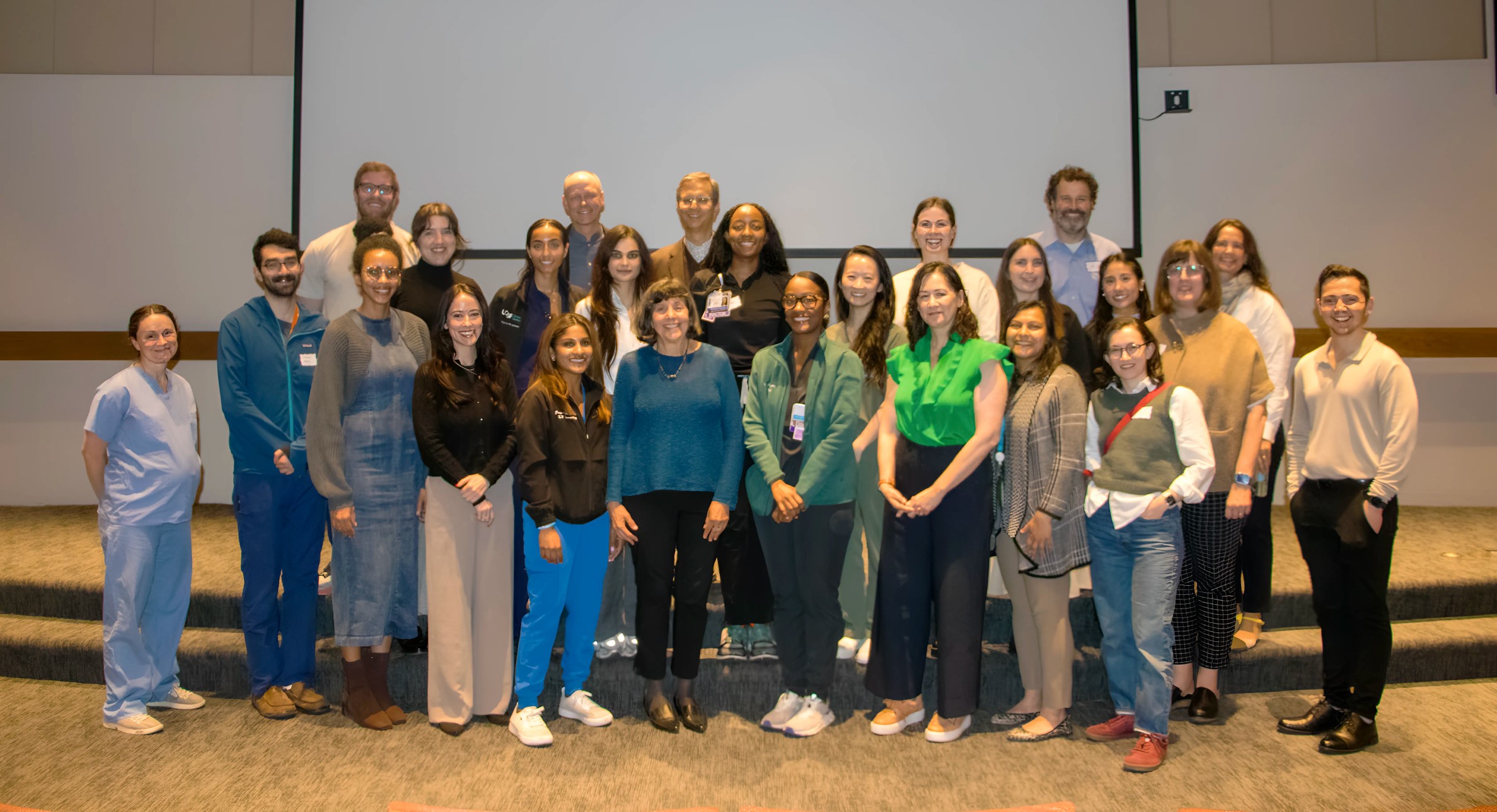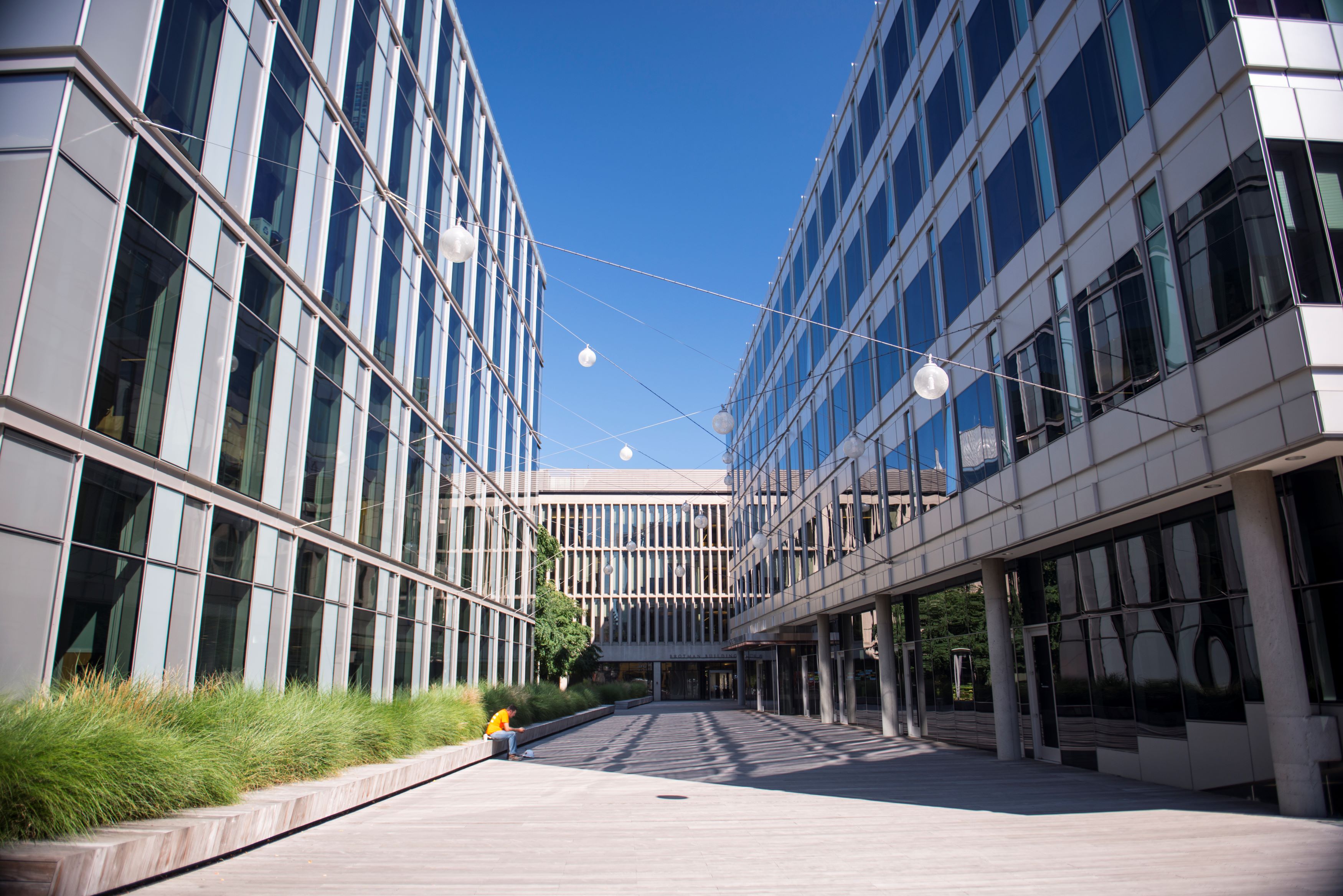
Simpson Lab Awarded $590K to Study Hailey-Hailey Disease



Congratulations to Cory Simpson, MD, PhD, who has been awarded a three-year $590K grant by the LEO Foundation to support the Simpson Lab’s ongoing research in Hailey-Hailey disease (HHD), a rare genetic skin blistering disorder for which there are no FDA-approved treatments.
Funding from this award will support Simpson Lab personnel and provide supplies for research aimed at investigating how mutations in the gene encoding the calcium pump SPCA1 cause the disease.

M3D PhD Student
UW M3D graduate student Jessica Ayers has characterized human cellular and tissue models of HHD in the Simpson Lab to understand its pathogenesis and discover new therapies.
"I am especially grateful to the LEO Foundation for their early investment in my lab with a three-year grant that will provide critical support to merge my lab interest in keratinocyte adhesion with my clinical focus on under-studied rare blistering diseases.”
 Special thank you to the UW Institute for Stem Cell & Regenerative Medicine (ISCRM) for supporting the Simpson Lab’s exploratory research in HHD through a Genomics Core Pilot Award grant, which provided critical preliminary data (RNAseq) for this project.
Special thank you to the UW Institute for Stem Cell & Regenerative Medicine (ISCRM) for supporting the Simpson Lab’s exploratory research in HHD through a Genomics Core Pilot Award grant, which provided critical preliminary data (RNAseq) for this project.
 The LEO Foundation is one of Denmark's largest commercial foundations and owner of the pharmaceutical company LEO Pharma. Their philanthropic Foundation provides grants aimed at supporting the best international research in skin diseases to make Denmark a global partner for advancing skin research.
The LEO Foundation is one of Denmark's largest commercial foundations and owner of the pharmaceutical company LEO Pharma. Their philanthropic Foundation provides grants aimed at supporting the best international research in skin diseases to make Denmark a global partner for advancing skin research.
View all 2023 Leo Foundation research grant recipients.
Congratulations Dr. Simpson and Team!
Grant Description
Title: “Modeling Hailey-Hailey disease to delineate its pathogenesis and identify therapeutic strategies”
Cory Simpson’s project aims to investigate how mutations in the gene encoding the calcium pump SPCA1 cause the skin blistering disease Hailey-Hailey Disease (HHD) using human cellular and tissue models.
The epidermis forms the body’s outer armor from multiple layers of cells called keratinocytes, which assemble strong connections (desmosomes) to seal the skin tissue and prevent wounds. Several rare blistering disorders are linked to autoantibodies or gene mutations that disrupt desmosomes, causing keratinocyte splitting and skin breakdown. While autoimmune blistering diseases can be controlled by suppressing the immune system, treatments remain elusive for inherited blistering diseases.
One of these is Hailey-Hailey disease (HHD), which causes recurrent wounds, pain, and infections, leading to stigmatization of patients. Mutations in the ATP2C1 gene, which encodes the calcium pump SPCA1, were linked to HHD more than 20 years ago, yet the disease still lacks any approved therapies.
While it is known that SPCA1 resides in the Golgi apparatus (an organelle inside the cell responsible for protein processing and trafficking), our limited understanding of how SPCA1 deficiency compromises skin integrity has stalled drug development for HHD; moreover, mice engineered to lack SPCA1 did not replicate HHD.
Cory Simpson and his team at the University of Washington have built human cellular and tissue models of HHD to define what drives the disease and to discover new treatments. Their preliminary analysis of ATP2C1 mutant keratinocytes revealed impaired expression and trafficking of adhesive proteins, but also identified stress signals from mis-folded proteins and reactive oxygen species.
In this project, Cory Simpson and team will determine how these cellular dysfunctions compromise keratinocyte cohesion to cause skin blistering and test if cell stress pathways could serve as therapeutic targets for HHD.
About the Simpson Lab
Cory Simpson, MD, PhD, is the Principal Investigator of the Simpson Lab, one of three research labs in the UW Department of Dermatology and part of the Institute for Stem Cell & Regenerative Medicine at the University of Washington, a cohort of collaborative research labs located at UW Medicine’s research complex in Seattle’s South Lake Union (SLU) medical/tech hub.
Learn more about the Simpson Lab at simpsonskinlab.org.









